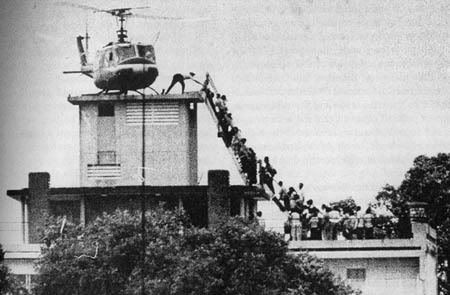 WASHINGTON (AP) - The top U.S. commander in Afghanistan offered a grim view Wednesday of military efforts in southern Afghanistan, warning that 17,000 new troops will take on emboldened Taliban insurgents who have "stalemated" U.S. and allied forces.
WASHINGTON (AP) - The top U.S. commander in Afghanistan offered a grim view Wednesday of military efforts in southern Afghanistan, warning that 17,000 new troops will take on emboldened Taliban insurgents who have "stalemated" U.S. and allied forces.Army Gen. David McKiernan also predicted that the bolstered numbers of U.S. soldiers in Afghanistan - about 55,000 in all - will remain near those levels for up to five years.
Still, McKiernan said, that is only about two-thirds of the number of troops he has requested to secure the war-torn nation.
McKiernan told reporters at the Pentagon Wednesday that the extra Army and Marine forces will be in place by the summer, primed for counterinsurgency operations against the Taliban but also ready to conduct training with Afghan police forces.
McKiernan said what the surge "allows us to do is change the dynamics of the security situation, predominantly in southern Afghanistan, where we are, at best, stalemated.
"I'm not here to tell you that there's not an increased level of violence, because there is," he said.
The 17,000 additional troops, which President Barack Obama approved Tuesday to begin deploying this spring, will join an estimated 38,000 already in Afghanistan.
Another 10,000 U.S. soldiers could be headed to Afghanistan in the future as the Obama administration decides how to balance its troop levels with those from other nations and the Afghan army. The White House has said it will not make further decisions about its next moves in Afghanistan until it has completed a strategic review of the war, in tandem with the Afghan government.
Whatever the outcome of the review, McKiernan said, "we know we need additional means in Afghanistan, whether they are security or governance-related or socioeconomic-related."
The estimated level of 55,000 troops needs "to be sustained for some period of time," he said, adding that could be as long as three to five years.
Some of the 17,000 U.S. troops soon headed overseas will be training Afghanistan police while battling insurgents as the nation's August elections approach. They include an Army combat brigade from Washington state and a Marine expeditionary brigade made up of troops from Camp Lejune in North Carolina and Camp Pendleton in southern California.
McKiernan said they would be sufficient for what he believes needs to be done through summer, when the fighting tends to be heaviest.
With the added ground troops, McKiernan said it's possible the military will scale back airstrikes that have been blamed for civilian casualties and angered the Afghan population.
The Taliban insurgents, some of whom have worked in concert with al-Qaida and other terrorist groups, have increasingly focused on what McKiernan described as small-scale attacks on government targets, police and official convoys. Last week militants launched a bold strike on government buildings in downtown Kabul.
McKiernan said the number of insurgents has not grown, but they are "very resilient" and "they have continuously adapted their tactics."
"We're not going to run out of people that either international forces or Afghan forces have to kill or capture," McKiernan said.
Ultimately, the conflict will be solved not by military force - but through the political will of the Afghan people, the general said.
"The insurgency is not going to win in Afghanistan," McKiernan insisted. "The vast majority of the people that live in Afghanistan reject the Taliban or other militant insurgent groups. They have nothing to offer them. They do not bring any hope for a better future."
Robert H. Scales, a retired Army two-star general who visited southern Afghanistan last October as a military adviser, said in a telephone interview Wednesday that he agrees there is essentially a stalemate in that area, which is a traditional stronghold for the Taliban movement. But he said that does not mean U.S. and allies forces are losing.
"It's reached the point where neither side has gained an advantage," Scales said, adding that he believes the south - particularly in the opium-producing Helmand Province - is the area with the greatest potential for U.S. gains against the Taliban, especially with more U.S. forces due to deploy there.
The rising violence in Afghanistan is conducted by militants who operate out of sanctuaries in Pakistan tribal regions along the border of the two nations. McKiernan called the stability of both countries "a regional challenge" and credited Pakistan with trying harder to secure the border.
"It's not enough; we need to do more," McKiernan said. "But it is a start."
He called it "in our vital national security interest to succeed" in Afghanistan.
"It's a country that is absolutely worth our commitment," McKiernan said. "And it's a region that is absolutely worth the commitment of the international community to ensure that it's stable at the end of this."
